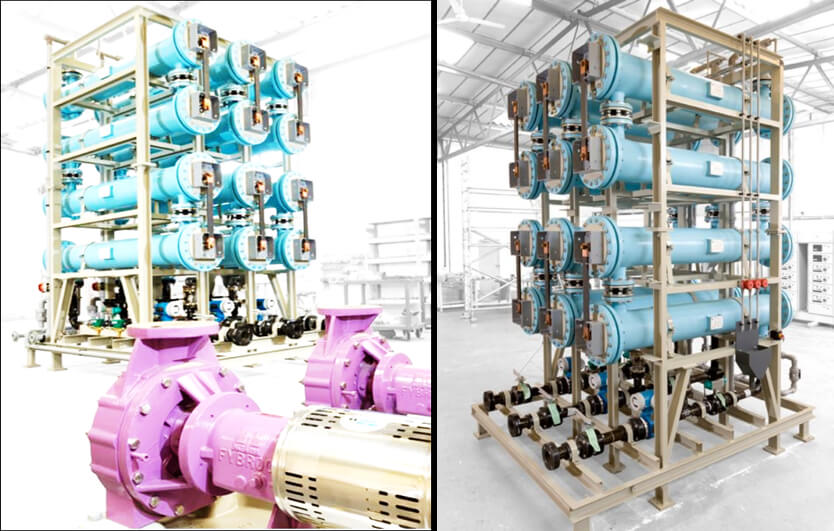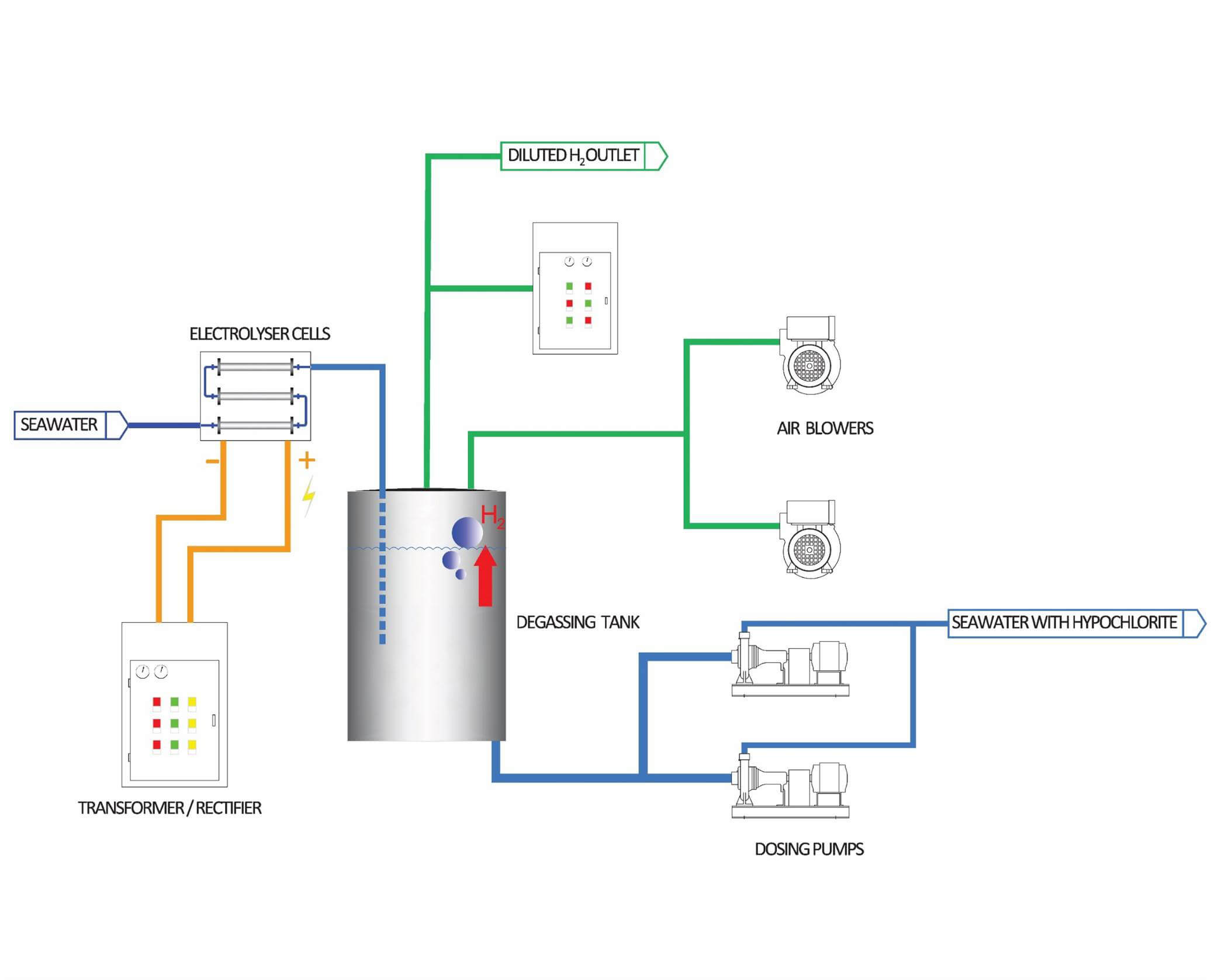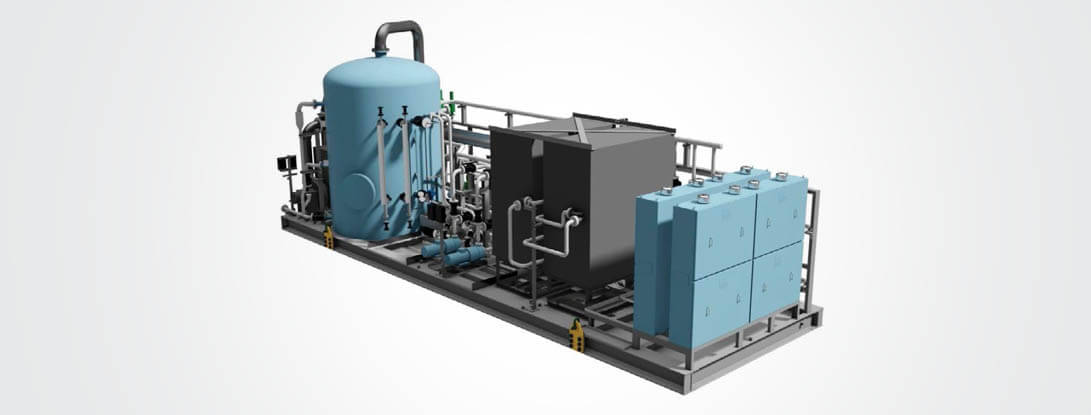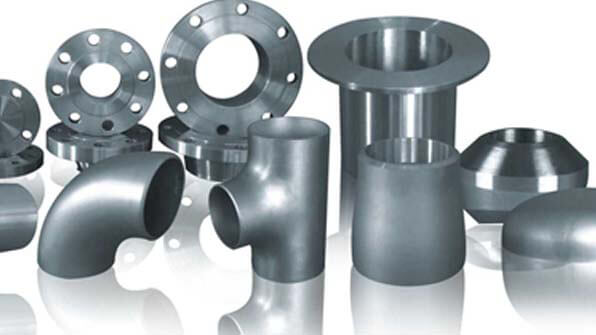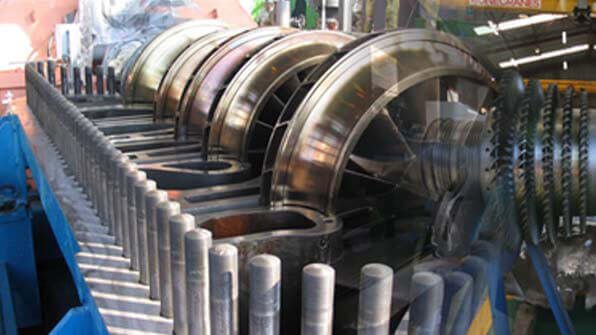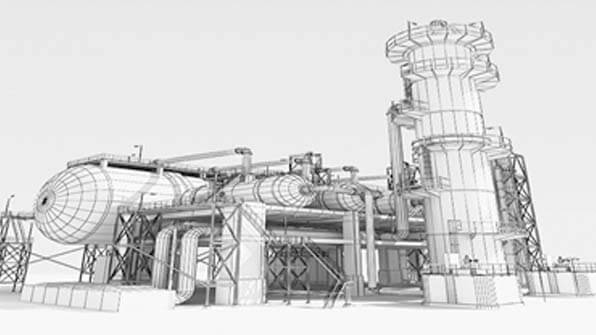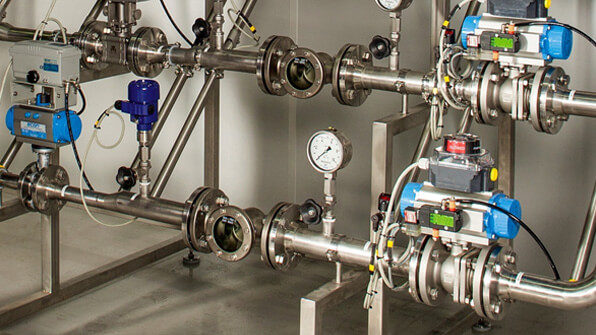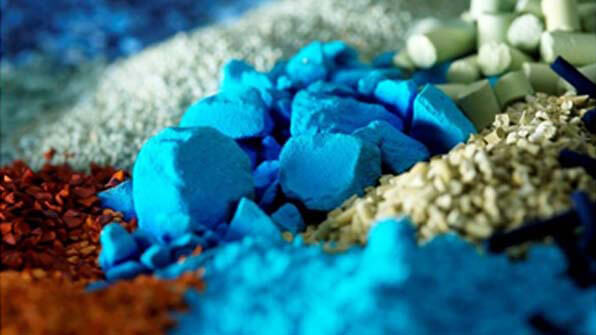Due to extensive experiences of Petrosadid Management team in water & waste water treatment industries, we have offered seawater Electro-chlorination systems to economically and safely produce a powerful biocide and disinfecting agent for marine, offshore and industrial applications. Petrosadid is the market leader in the supply of equipment for seawater Electro-chlorination. We have recently delivered 2 projects from reliable and world-class packagers in Iran territory with Hypo-generation capacity of 57 kg/h and 83 kg/h, respectively.
With respect to supply of required water of power stations or industrial plants, on-site generated sodium hypochlorite solution provides efficient protection to the equipment against organic fouling without the undesirable side effects of commercial hypochlorite or the safety hazard connected with the transportation, storage and handling of chlorine gas.
Utilizing this technology, helps to the customers dependency upon outside suppliers and eliminates the high costs of ordering commercial products; due to this reason, it finds application in a broad spectrum of industrial facilities with the requirement to control biological growth in water systems.
As it is obvious, the heart of Electro-chlorination plant is the Electrolyzers skid; Petrosaddid considering the application, seawater characteristics, cost, size, weight, pressure, and historical preference recommends the best cell configuration in most optimum route.
As a brief description of the Electro-chlorination process philosophy, seawater boosts and delivers to the Electrolyzers where it is already filtered to remove suspended solids larger than 0.5 mm. The seawater passes through a flow control loop normally including a flow control valve and a flow transmitter with local indication and low flow shut‑down protection. The seawater electrolyzes by the generator cells and the output is sodium hypochlorite solution and hydrogen gas as the byproduct. This is a two‑phase solution which transferred to Hypo-chlorite storage and degassing tank. Hydrogen gas is removed from the solution and the surrounding atmosphere should be diluted by a air blower to prevent the explosive concentration of H2 (typically less than 1% by volume, the explosive limit is around 5% by volume). Finally, the produced sodium hypochlorite solution is injected in continuous and/or shock-dosing modes.
For the process chemistry, it is worth mentioning that the process is based on the electrolysis of seawater as it flows through an electrolytic cell. Further to the seawater, sodium hypochlorite and hydrogen gas mixture, hypo-chlorous acid is also formed. Seawater electrolysis requires the passage of direct current between an anode (positive pole) and a cathode (negative pole) to separate salt and water into their basic elements. Chlorine generated at the anode immediately goes through chemical reactions to form sodium hypochlorite and hypo-chlorous acid. At the cathode, Hydrogen and hydroxides are formed.
The overall chemical reaction can be expressed as follows:
Salt + Water + Energy → Sodium hypochlorite + Hydrogen
NaCl + H2O + 2e → NaClO+ H2
Electro-chlorination system mainly used in the following systems:
POWER PLANTS
Thermal power plants normally use seawater as a coolant in the steam condensers where typically done through cooling water systems.
By controlling the fouling of the steam condensers, turbines and boilers the efficiency of power generation can be significantly increased. For example, based on data of on-site measurements in Huaneng Dalian Power Plant and Changshan Power Plant in China in 2006, the costs due to fouling such as excess surface area, product loss, operating maintenance and increase of product costs are calculated. Results show that the total economical loss due to boiler and turbine fouling in China reaches 4.68 billion dollars.
Sodium hypochlorite is injected into the seawater intake in order to prevent fouling of the mechanical equipment, such as the seawater booster pumps, bar screens and band screens of the power plant.
LNG TERMINALS
The LNG market is growing fast all over the world which commonly transports by ship. LNG must liquified prior to loading where chlorinated seawater is applied as the cooling agent. Furthermore, due to unloading procedure LNG must regasifies where chlorinated seawater applies for the heating.
DESALINATION PLANTS
Due to the population increasing reason in the world, the requirement for freshwater continuously increased. In desalination plant, sodium hypochlorite generated from seawater introduced to the intake structure in order to prevent from organic fouling formation.

